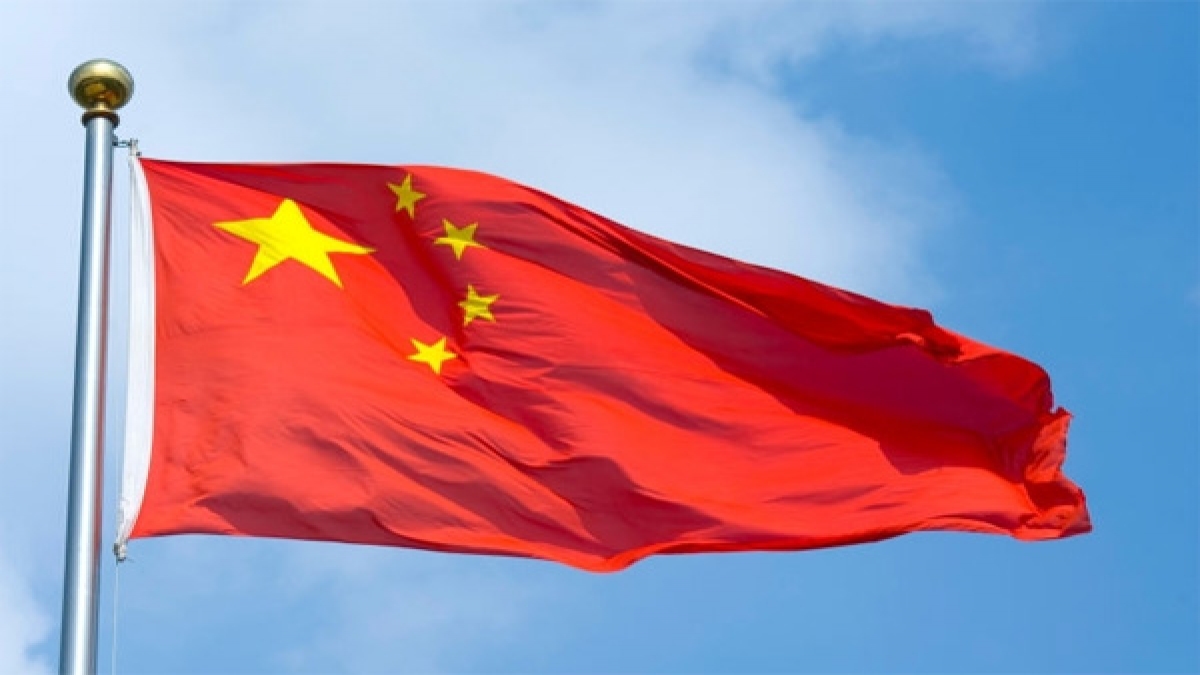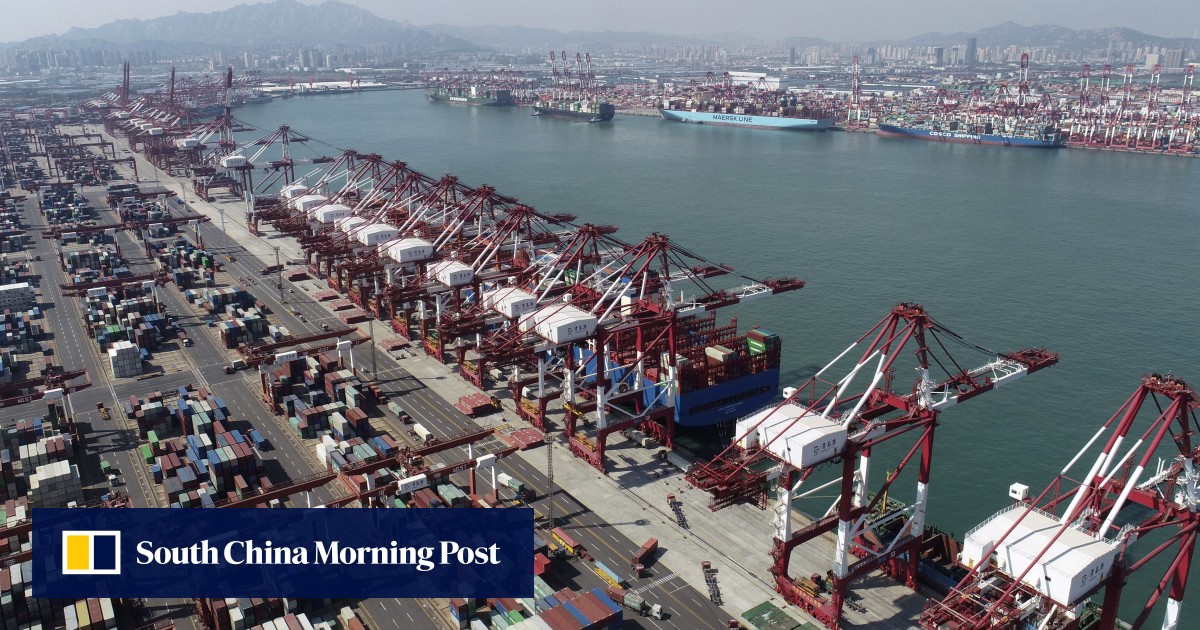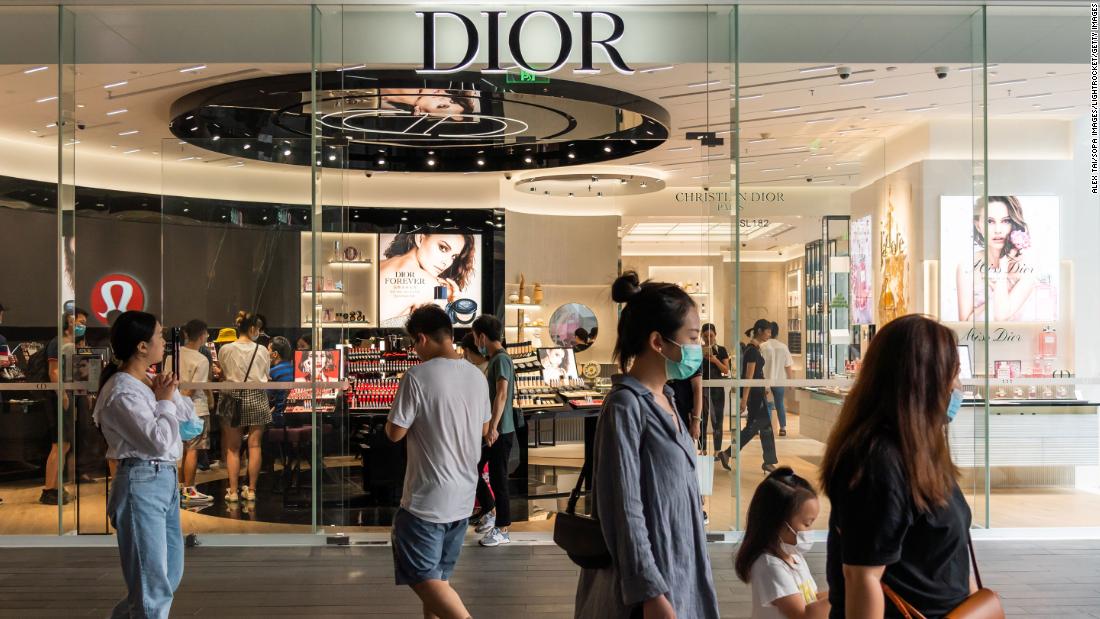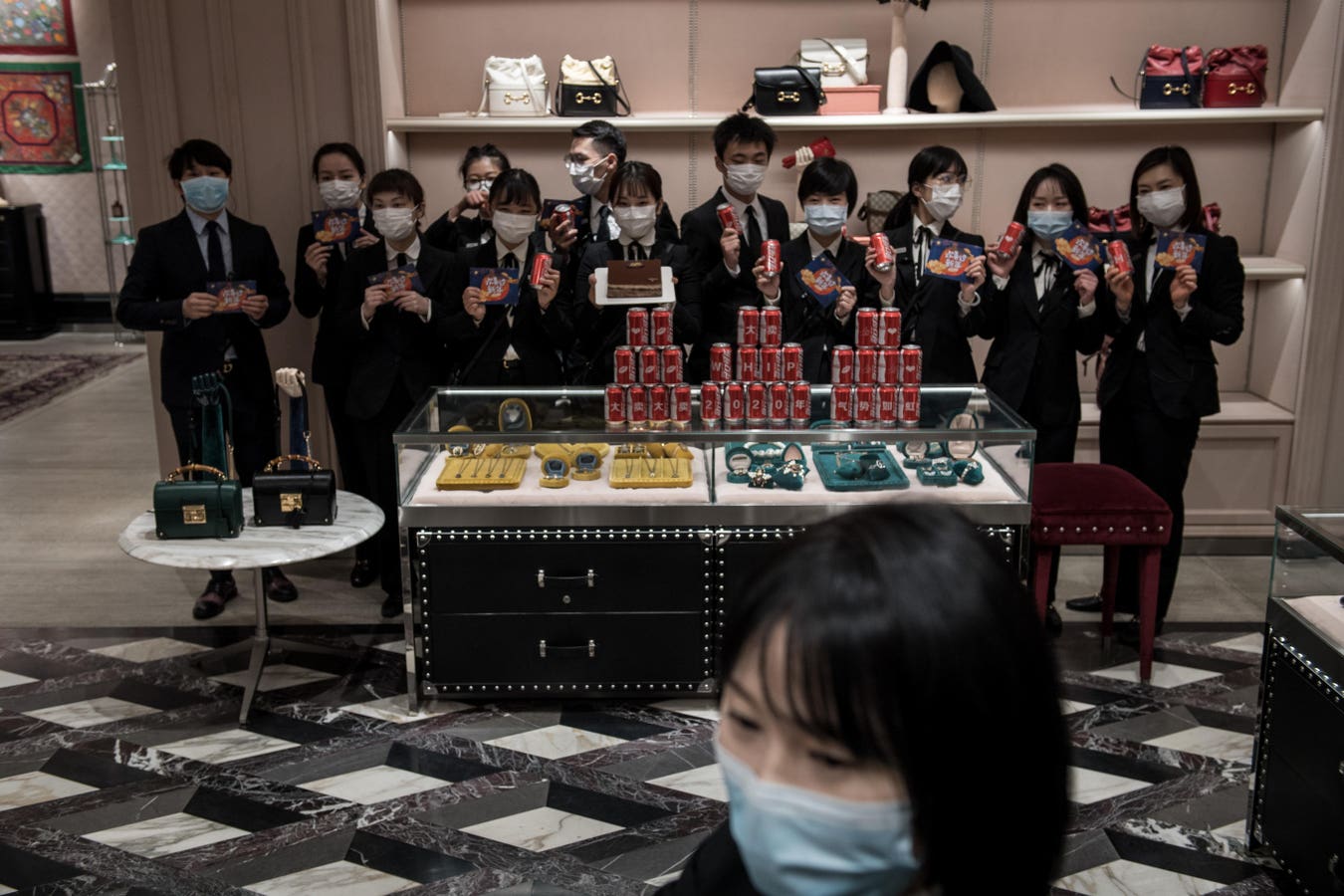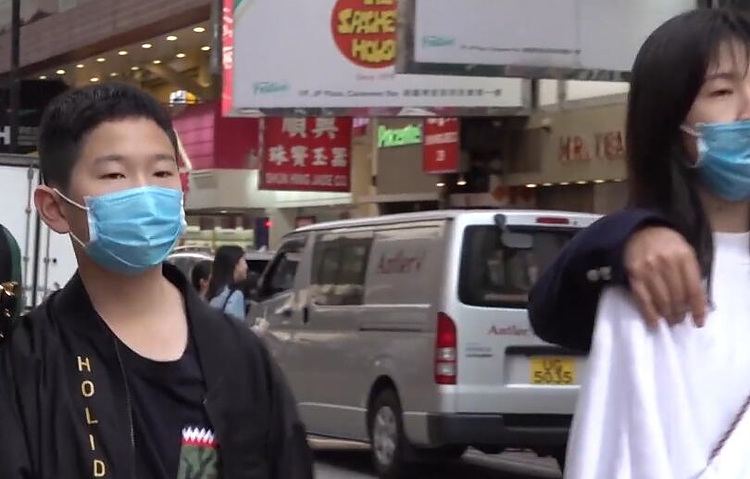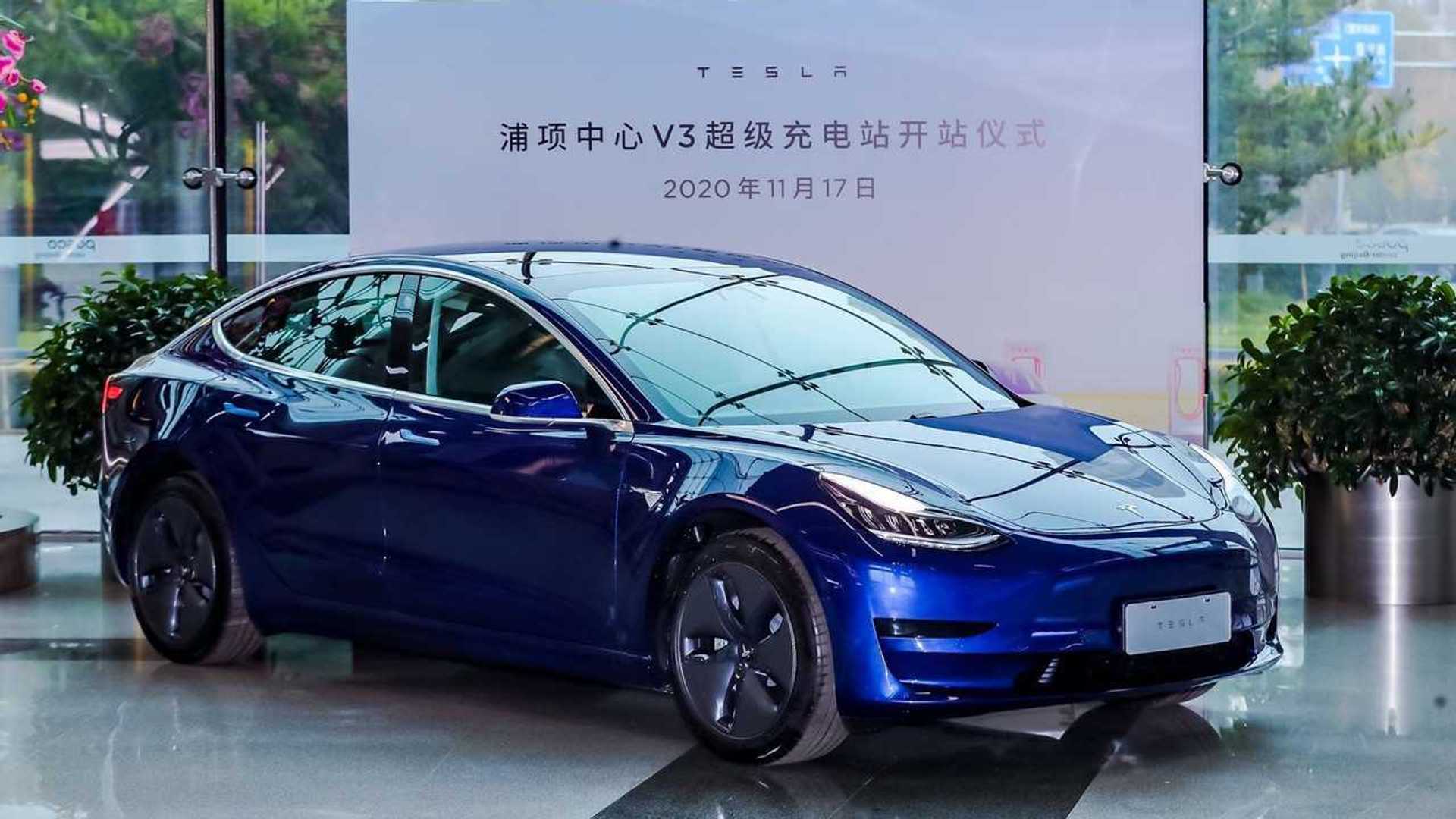A new report alleges China is deploying tens of thousands of ethnic minority workers in what amounts to a slavery scheme -- and dozens of American companies are benefiting from the result.

www.extremetech.com
Report: China Sells Minorities Into ‘Forced Labor’ to Benefit Apple, Foxconn, Others
Ongoing human rights violations in China were a significant topic of discussion at the end of 2019. The country has sought to block criticism of its policies towards Tibet, the still-ongoing Hong Kong protests, and its imprisonment of a million or more Uighurs and other ethnic minority groups in forced re-education camps. A new bombshell report from Australia indicates that the Uighurs and other minorities aren’t just being subjected to forced re-education — they’re being used as slave labor after completing their terms of “study.”
The paper, by the
Australian Strategic Policy Institute, doesn’t use the term “slavery,” preferring to rely instead on the euphemism of “forced labor.” Here’s how the situation is described (Uighur and Uyghur are two different ways of spelling the same word):
It is extremely difficult for Uyghurs to refuse or escape these work assignments, which are enmeshed with the apparatus of detention and political indoctrination both inside and outside of Xinjiang. In addition to constant surveillance, the threat of arbitrary detention hangs over minority citizens who refuse their government-sponsored work assignments. Most strikingly, local governments and private brokers are paid a price per head by the Xinjiang provincial government to organise the labour assignments…
The Uyghur workers, unlike their Han counterparts, are reportedly unable to go home for holidays… Uyghur workers are often transported across China in special segregated trains… Multiple sources suggest that in factories across China, many Uyghur workers lead a harsh, segregated life under so-called ‘military-style management’. Outside work hours, they attend factory-organised Mandarin language classes, participate in ‘patriotic education’, and are prevented from practising their religion. Every 50 Uyghur workers are assigned one government minder and are monitored by dedicated security personnel. They have little freedom of movement and live in carefully guarded dormitories, isolated from their families and children back in Xinjiang. There is also evidence that, at least in some factories, they are paid less than their Han counterparts.
There’s a common perception that the difference between slaves and free individuals is that the latter is paid for their work, but the truth is more complex. This article from the Organization of American Historians is a deep dive into the history of
slaves earning wages in the South. In some cases, slaveowners found it advantageous to allow slaves to earn a certain amount of money and to spend it on improving their own lives or the lives of their families. The same is undoubtedly true in China today.
If you can’t refuse a work assignment, can’t go home to see your family, can’t practice your religion, are forced to live by a schedule in which virtually every minute of your life is regimented for you, are kept under constant or near-constant surveillance and subject to the whims of headhunters who earn a bounty for delivering you to a job, and didn’t get any choice in the matter, I’d argue you’re effectively a slave. In some cases, workers’ families are also under simultaneous surveillance back at home, which provides an extra incentive for the slaves “prisoners with jobs” to behave themselves.
The ASPI estimates that up to 80,000 Uighurs have been forced into labor camps this way, some of them directly after finishing their indoctrination at Chinese re-education centers. The report includes three case studies focused on factories producing goods for Nike, Adidas/Fila, and Apple. A total of 83 companies have been identified as benefiting from these practices:
Abercrombie & Fitch, Acer, Adidas, Alstom, Amazon, Apple, ASUS, BAIC Motor, BMW, Bombardier, Bosch, BYD, Calvin Klein, Candy, Carter’s, Cerruti 1881, Changan Automobile, Cisco, CRRC, Dell, Electrolux, Fila, Founder Group, GAC Group (automobiles), Gap, Geely Auto, General Electric, General Motors, Google, H&M, Haier, Hart Schaffner Marx, Hisense, Hitachi, HP, HTC, Huawei, iFlyTek, Jack & Jones, Jaguar, Japan Display Inc., L.L.Bean, Lacoste, Land Rover, Lenovo, LG, Li-Ning, Mayor, Meizu, Mercedes-Benz, MG, Microsoft, Mitsubishi, Mitsumi, Nike, Nintendo, Nokia, The North Face, Oculus, Oppo, Panasonic, Polo Ralph Lauren, Puma, Roewe, SAIC Motor, Samsung, SGMW, Sharp, Siemens, Skechers, Sony, TDK, Tommy Hilfiger, Toshiba, Tsinghua Tongfang, Uniqlo, Victoria’s Secret, Vivo, Volkswagen, Xiaomi, Zara, Zegna, and ZTE.

How many vocational schools do you know of that
don’t have completely fenced-off areas and a dozen or more security checkpoints?
The report details how this massive system of relocation and forced labor has been built up under the guise of an aid program known as “Xinjiang Aid.” What appears superficially as a targeted aid program for the poor and undereducated people in the province is a relocation and reeducation program meant to destroy their culture and religious practices. Companies all over China have been encouraged to provide “industrial Xianjing aid” by building factories in the province to absorb what China terms “surplus labor capacity” or to hire Uighurs for other tasks in factories across the rest of China.

Factories are well-compensated for taking these workers and advertisements for their services have reportedly begun popping up in Chinese publications, as shown above and below:

Compare that with some
vintage advertisements for American pre-owned human property.
The report details how, days before Tim Cook visited an O-Film Technology factory in 2017, the company transferred 700 Uighurs to a separate factory. In a now-deleted press release, Cook praised the company for its “humane approach towards employees.” The company reportedly continued to hire more Uighur prisoners throughout the year.

The ASPI doesn’t make any damning accusations that any specific Western company knew that its products were being built by slave labor. There are multiple diagrams attached to each case report that make it clear how intricate some of these supply chains are. When you look at the supply chains for companies like O-Film, you immediately see just how many major firms could be buying products tainted by the use of slave labor:

The ASPI does not argue that Apple or any other company has been aware of what has been going on within their supply chains. But the web of connections between these firms implies many companies have benefited from this practice and need to take immediate action to address it. Past that immediate problem, this is another area where we as a society have to choose whether we want to stay quite so cozy with a nation with an increasingly awful human rights record.
If you’ve paid attention to the clashes over issues like freedom of speech between the United States and China over the past six months, it’s become very clear that China isn’t just attempting to control what is said
within its borders. In multiple instances, the Chinese have targeted
low-level employees or
minor embarrassments with hostility beyond all proportion to the alleged offense. This overreaction is not an accident. It’s part and parcel of how the nation is demonstrating its willingness to enforce its own cultural and social norms on others.
While it is absolutely possible for nations to have positive effects on each other, it is past time to let go
of the fiction that engaging with China in economic terms will intrinsically lead the company to democratize its policies or protect the rights of its citizenry. Under the leadership of Xi Jinping, China has moved to curtail freedom of the press and freedom of speech. It has imprisoned 1-2 million citizens in political re-education camps and is forcing some of those citizens into what is effectively slavery to manufacture cheap goods for Western markets.
I’m Not Just a Consumer
Businesses make a lot of assumptions about what their customers will or won’t want. One of the most offensive, I’d argue, is the idea that customers are sensitive to
nothing but price. Suggest that we might benefit from moving production to a country where minority workers and their families aren’t literally enslaved to provide cheap labor, and someone will instantly bring up the fact that prices would go up if anything changed. In some cases, that’s probably true. A more meaningful question that few people seem to have the guts to ask these days is, “
So what?”
Over the past few years, we’ve watched smartphone manufacturers like Apple and Samsung
jack up the price of smartphones to the point that $1,000 isn’t even guaranteed to buy you a top-end product any longer. The iPhone XR starts at $600 while the iPhone 11 Pro Max starts at $1,100, but everybody
knows that it doesn’t cost Apple an extra $500 to build an iPhone 11 Pro Max. For the past few years, both Samsung and Apple have increased prices simply because they
could increase prices.
Somehow, however, the same MBAs who confidently predict to the Tim Cooks of the world that the market will cheerfully absorb a price increase engineered for the sole purpose of installing more gold-plated bathtubs in the C-suites would quail at the idea of refusing to do business with a reprehensible dictatorship that inflicts catastrophic human rights abuses on its own citizenry. The idea that I might be willing to pay more for an iPhone because Apple wants to spend more money propping up its own stock is treated as a given. The idea that I might be willing to pay more for an iPhone because I don’t believe the Chinese government should be rewarded for literally enslaving people? Well,
that’s letting morality get in the way of business.
And yet, the fact remains: I would vastly rather pay an extra $50-$100 to know my phone wasn’t made with slave labor than I would to pay an extra $50-$100 so that some rich schmuck on Wall Street can make an extra million bucks in bonuses this quarter. I know I am not the only person who feels that way.
The clash of values between China and the United States isn’t going to go away. Writing in 1945, philosopher Karl Popper described what is now known as the paradox of tolerance, stating: “Unlimited tolerance must lead to the disappearance of tolerance. If we extend unlimited tolerance even to those who are intolerant, if we are not prepared to defend a tolerant society against the onslaught of the intolerant, then the tolerant will be destroyed, and tolerance with them.”
I am aware of all of the reasons — literally
billions of reasons — why United States’ companies seek access to Chinese markets. I am aware of the hyper-optimized supply chains and the decades of investment US companies have made in them. Any effort to shift even a small amount of manufacturing out of China would be difficult and time-consuming, and in many cases, alternatives would have to be developed from scratch. Furthermore, because the Earth’s resources are unevenly distributed, some nations have a much larger supply of valuable resources than others. The United States has most of the world’s helium. China has a huge percentage of rare earths. Bolivia has a huge chunk of the world’s lithium reserves. Even in the best of cases, we live in a global, interconnected economy. There is no way to simply wave a wand and roll the clock back to the early 20th century.
There is, however, still time for Americans to push back on the idea that access to Chinese markets is the highest value to which we, as a people, can aspire to. And since every conversation starts with someone choosing to start it, I’ll go first. I am
not willing to pay higher drug prices so that the pharmaceutical industry can continue ripping off Americans with exorbitant drug prices. I am
not willing to pay higher prices for goods and services so that “disruptive” companies can
pocket their employees’ tips. I am
not willing, generally speaking, to watch my own costs rise so that people who already make more money in a day than I’ll make in a year can get just a little richer.
But I
would be willing to pay more for my electronics and devices if it meant knowing that the countries and companies where these devices were manufactured weren’t enslaving their employees, driving them to suicide, exposing them to poisonous toxins, or otherwise destroying their lives, particularly when one of the benefits of doing so is knowing that my fellow citizens will not be subject to being fired for the crime of accidentally liking the wrong tweet.
If Tim Cook wanted to
demonstrate the courage Phil Schiller claims Apple possesses, he could declare that Apple would take a leadership position in certifying that the workers employed at every company in every part of its supply chain were ethically treated and that none of the profit from its raw material purchases would be used to finance wars or conflict around the world. It would be an enormous challenge — one befitting a trillion-dollar company with enough yearly revenue to qualify as the 42nd-largest economy in the world. If the other companies named in this report joined him, they would collectively represent enough purchasing power to force even China to the bargaining table, if backed up by the US government.
The very concept of the “marketplace of ideas” is that people are allowed to bring their thoughts and ideas to the metaphorical table for everyone to peruse them. The connection between China deploying slave labor in factories and, say, the protests in Hong Kong, is that China doesn’t want anybody talking about any of this, and it’s already proven its own willingness to use extraordinary measures to clamp down on dissent, even when that dissent comes from other countries. We ignore these trends at our own peril.
The only way to stop China from enslaving and torturing these people in concentration camps and making them do forced labor in Chinese factories is to move all manufacturing out of China. Just banning products made in Xinjiang is not enough. The Chinese simply move the Uyghurs and other minorities to factories in other regions to continue forcing them to work as slaves.
Until international corporations move all manufacturing out of China, the atrocities in such concentration camps will continue. International corporations are complicit in all of this because they look the other way for cheap labor even as the Uyghurs, Tibetans and other minorities are forced to work as slaves.

